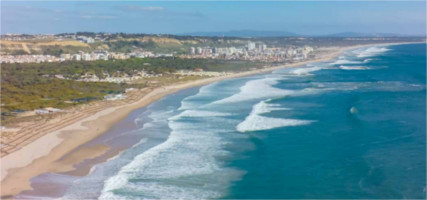Conveners
Tuesday Afternoon
- Thomas Cohen (University of Maryland)
Arkaitz Rodas Bilbao
(Universidad Complutense de Madrid)
08/03/2016, 17:00
A precise determination of pion-kaon scattering amplitudes is very relevant for our understanding of both light meson physics as well
as input for analysis of other hadronic decays. In this talk we first present our analysis of the fulfillment of Forward Dispersion Relations by the existing data up to 1.7 GeV ., which is not very satisfactoy, particularly at high energies. Second by using...
Milena Soltysiak
(Jan Kochanowski University)
08/03/2016, 17:30
We study the broad light scalar kaonic resonance k0*(800) as a dynamically generated state. Namely, we show that this resonance emerges when investigating the heavier quark-antiquark scalar state k0*(1430) dressed by quantum fluctuations with one kaon and one pion circulating in the loops. We analyse the spectral function in the whole kaonic sector up to 1.8 GeV and determine the position of...
Dmytro Melnychuk
(National Centre for Nuclear Research (PL))
08/03/2016, 18:30
The analysis of the full LHC Run I data set of proton-proton collision events collected with the LHCb detector, corresponding to an integrated luminosity of 3.0 fb-1, is yielding several improved results on exotic hadron candidates, such as $X(3872)$ and $Z(4430)^+$, as well as the first observation of two new states compatible with the pentaquark hypothesis. Run II data allow LHCb to further...
Dr
Marija Vranic
(GoLP / IPFN, Instituto Superior Tecnico)
08/03/2016, 19:30
We have witnessed fundamental breakthroughs in many areas of science due to fast development of laser technology. One such breakthrough was introducing advanced accelerator concepts: taking advantage of very high acceleration gradients ( ~ TeV / m ) that can be created in laser-plasma interactions and using them to accelerate particles over very short distances compared to conventional...
